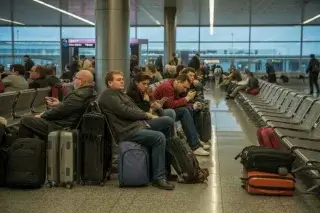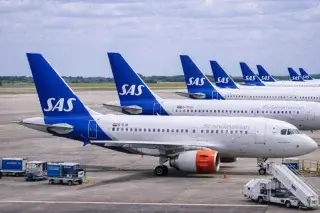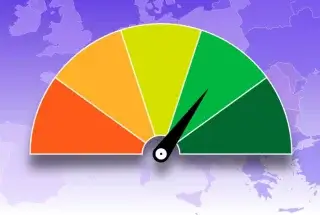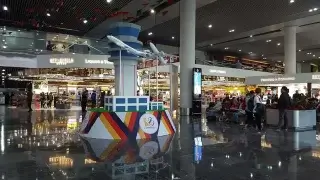News / Reviews / Analytics / Tourism & hospitality / Migration / Latvia / Russia / Belarus 09.10.2025
Latvia Bans Irregular Coach Services to Russia and Belarus
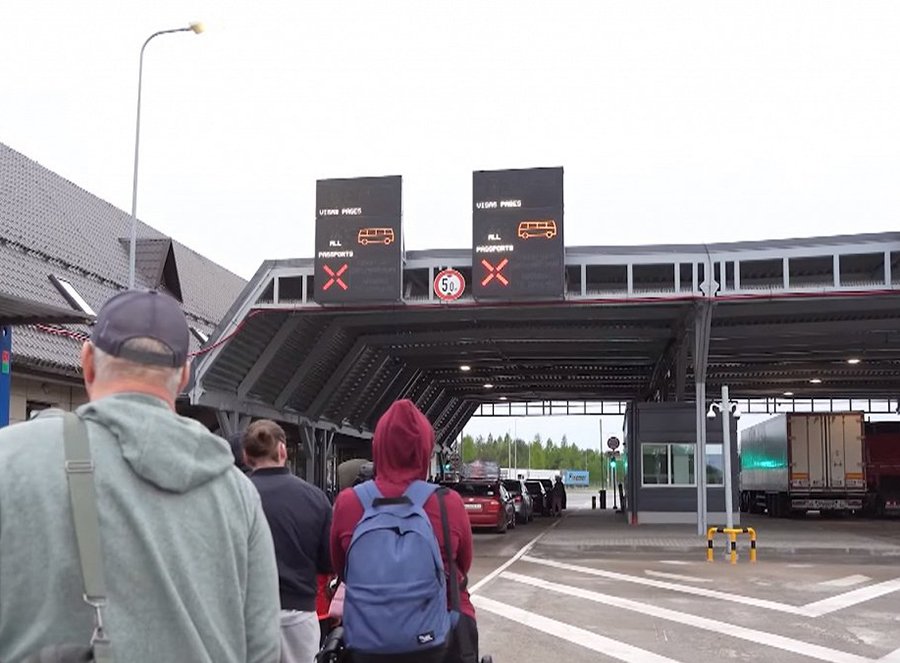
[right]Photo: LSM
Latvia continues to tighten its border rules. From 1 November 2025, a Cabinet of Ministers decision banning irregular (non-scheduled) coach services from Latvia to Russia and Belarus enters into force, the LSM portal reports. Other restrictions had previously been introduced both at the border and domestically.
The ban applies to all companies, regardless of the vehicle’s country of registration. It covers charter buses, excursions and group trips, including transportation for cultural and sports events. A similar operating regime at the Pāternieki, Grebņeva and Terehova border crossing points will remain in place at least until 31 October 2026. Regular scheduled bus services are maintained: currently there are three routes to Belarus and six to Russia from Latvia.
The website of the Latvian State Radio and Television Centre (LVRTC) reminds travelers of additional rules. From 15 October 2025, anyone crossing the border at the same crossing points by vehicle must join an electronic queue. Registration is available 30 days before travel or on the go—via www.lvborder.lv and www.lvrobeza.lv.
The ERRS system lets travelers choose an hourly slot. After entering details and paying €9.30 per vehicle, a queue number is assigned automatically, and an estimated crossing time is calculated based on average processing speed. Similar services already operate in Estonia and Lithuania. The new rule covers all vehicle categories, including passenger cars and trucks.
From 1 September 2025, travelers must submit pre-screening data 48 hours before the trip. The requirement applies to non-EU, non-NATO, non-OECD, non-EEA, non-Swiss and non-Brazilian nationals. It has already prompted a complaint to the European Commission—the claimant argues the law violates the Schengen Borders Code and is used to exclude Russians.
Another complaint concerns renewal of the five-year EU long-term residence permit. Directive 2003/109/EC provides for automatic renewal, but Latvia requires a valid foreign passport and does not accept non-biometric documents, complicating renewals for many Russian citizens. In addition, over 840 have already lost residence after the introduction of language tests and new renewal procedures.
A further appeal challenges financial criteria for foreigners applying as family members of EU citizens. Applicants must prove sufficient resources, though no exact amount is set in law. In practice, authorities ask for income not below the minimum and about €8,880 on account. Plaintiffs say this contradicts Directive 2004/38/EC, making residence rights dependent on arbitrary financial barriers.
Transport Minister Atis Švinka said the procedures aim to enhance security and unclog roads. Given heightened risks, Latvia earlier banned property purchases by Russians and Belarusians. The bill was submitted to the Saeima in February 2025, approved in June, and took effect on 3 July. The ban [leech=https://www.inlatplus.lv/ru/archives/publication/zapret-grazhdanam-rossii-i-belorussii-priobretat-nedvizhimost-v-latvii?utm_source=chatgpt.com]covers** all transaction forms**—purchases, auctions, pre-emption rights and any operation transferring ownership. Transactions after that date are not registrable in the Land Register and are void.
The rule applies to individuals and companies registered in these countries, as well as legal entities where Russian or Belarusian citizens own over 25% or are ultimate beneficial owners. Exceptions include inheritance between spouses and close relatives, and holders of permanent residence in Latvia or another EU member state.
New restrictions appear regularly across the Baltics and Poland. Meanwhile, Latvia’s Ministry of Foreign Affairs advises citizens to avoid travel to Russia and Belarus altogether.



